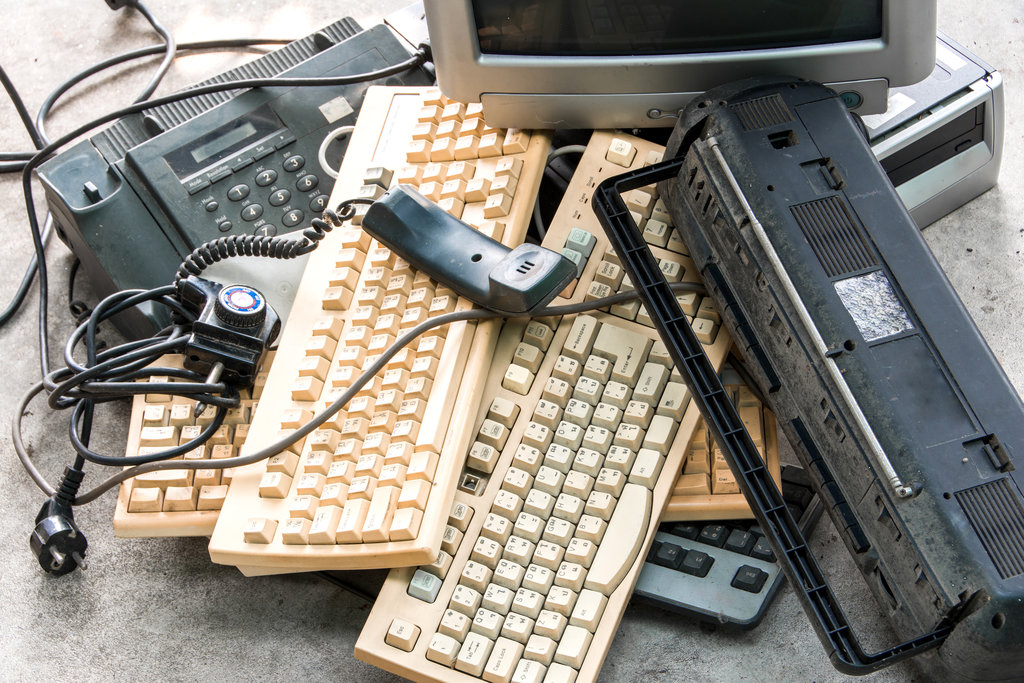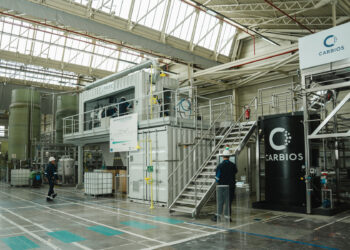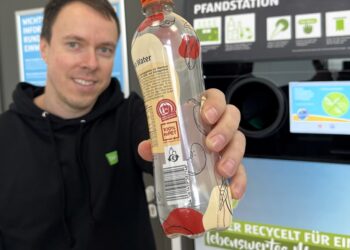A European effort is calling on consumers to push manufacturers into using recycled plastic in new electronics as a way to build end markets for the challenging material.
United Nations University (UNU) this month highlighted the Post-Consumer High-tech Recycled Polymers for a Circular Economy (PolyCE) project, an effort that includes stakeholders from many countries.
The PolyCE initiative launched in 2017 with a goal to strengthen the recovery of plastics from waste electrical and electronic equipment (WEEE).
UNU, which supports the project, said the PolyCE effort “is launching a two-year campaign to raise awareness among consumers and manufacturers in order to change their attitudes towards recycled plastics and improve their market uptake.”
According to the project, plastics make up about 20% of WEEE materials (WEEE includes both e-scrap and other electrical appliances).
“Plastics themselves aren’t the problem; our so-called plastics problems relate to attitudes and waste management,” said project partner Kim Ragaret of the University of Gent, describing plastic as a valuable resource.
E-plastics have been heavily impacted by market shifts in the past two years. China, once the top buyer of e-plastics, shut its door to virtually all recovered plastic imports last year.
Since then, other major buyers, most recently India, have followed suit.
UNU says product design for easier recyclability, and greater recycled materials inclusion in new products, is key to improving the e-plastics market.
“Major environmental and financial savings could be achieved simply through better design,” said Ruediger Kuehr, an e-scrap expert with UNU.


























